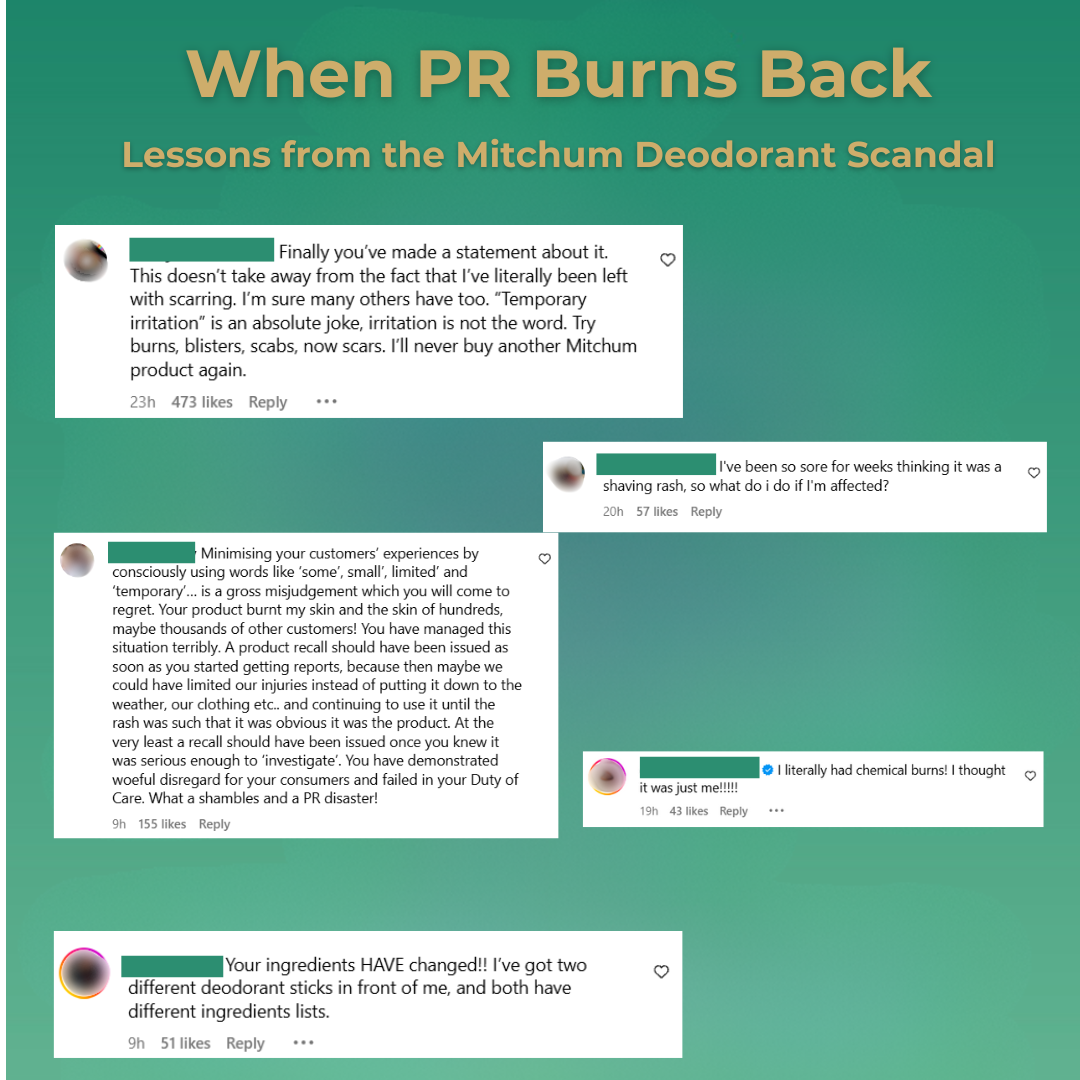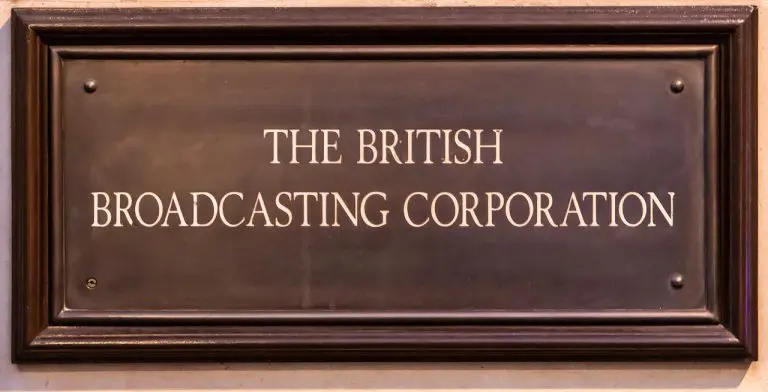
Every brand wants people talking about them online, it’s just common sense when it comes to PR and marketing. But not like this.
Recently, Mitchum, a deodorant brand that has been on the shelves for decades, found itself at the centre of a very uncomfortable story. Customers across the world began sharing painful experiences on social media. Burns, rashes, blisters, angry red skin. TikTok filled up with videos of people describing their underarms as if they were erupting.
The product issue was serious, no doubt. But the bigger problem for Mitchum has been how they responded.
Too Slow to React

When something goes wrong, the worst thing a brand can do is stay quiet, and that is exactly what Mitchum did. Days passed before they released a statement. By then, stories had already gone viral, and speculation was running wild.
As well as that, some customers said their complaints and comments were being deleted from social media. Whether that happened or not almost doesn’t matter. If people believe you are hiding criticism, then that becomes truth in their eyes. Truth disappears very quickly when you look like you are avoiding the conversation.
Words That Made It Worse
When Mitchum eventually spoke up, their choice of words only made things worse. They referred to the reactions people experienced as “temporary irritation”. This might sound harmless on paper, but when your armpit looks like it has been burned, it does not feel like a “temporary irritation”.
Language is powerful in a crisis. This was a moment to show empathy, to acknowledge the pain and distress people were going through. Instead, the statement came across as defensive and dismissive,
What They Should Have Done

This could have been handled very differently. A strong response would have looked like this:
- A quick public acknowledgement as soon as complaints began to appear.
- A clear and human apology that recognised what customers were experiencing.
- Regular updates while the investigation was ongoing, even if only to say more information was coming.
- Clear instructions for anyone affected on what to do next.
- Open engagement on social media rather than deleting comments or letting them pile up unanswered.
The truth is, people do not expect perfection from brands. They do expect honesty and accountability.
A Teachable Moment
A Mitchum scandal is a reminder that in today’s world, silence and spin are not options. A product problem can often be fixed. A reputational problem is harder to repair. The difference usually comes down to how you communicate when the heat is on.
In Mitchum’s case, the burns were physical, but the reputational damage was self-inflicted.
John FitzGerald
John FitzGerald is a Senior PR Account executive with Fuzion, a Brand Communications agency with offices in Dublin and Cork.
For Crisis Communications services, contact the Fuzion team.







